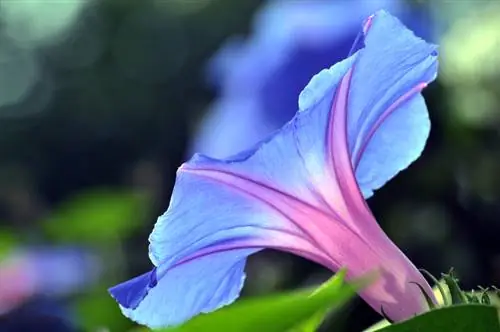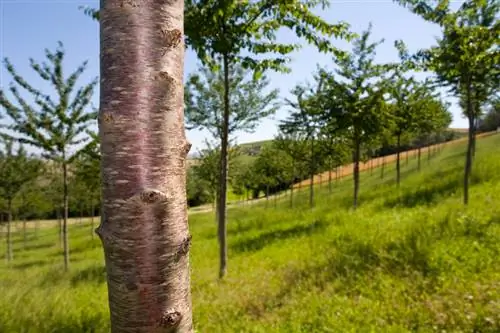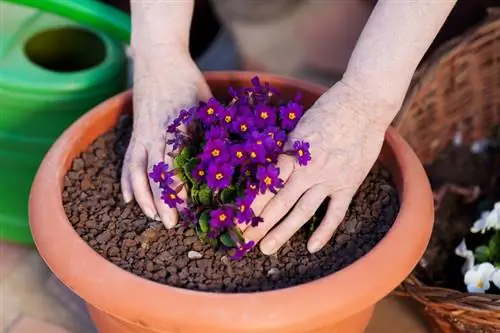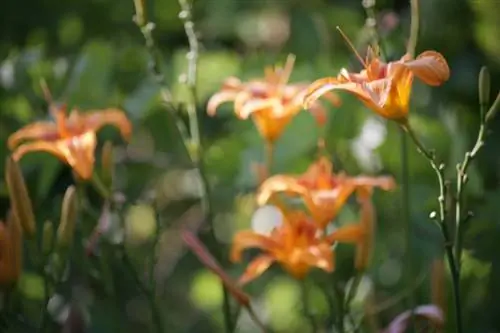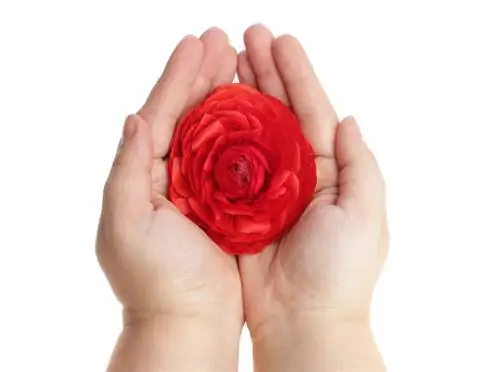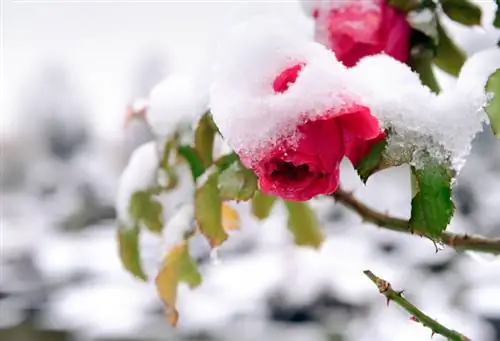- Author admin leonars@hobbygardeners.com.
- Public 2023-12-16 16:46.
- Last modified 2025-01-23 11:20.
While the white-flowering morning glory is often laboriously fought by garden owners, they appreciate the easy-care morning glory because of its magnificent flowers. However, caution is advised with this plant when it comes to children and pets, as it is by no means non-toxic.
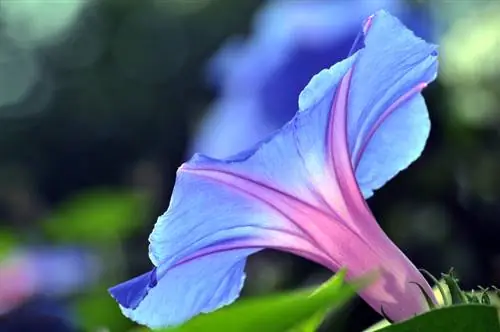
Is morning glory poisonous to people and animals?
The morning glory is poisonous to humans and animals because it contains lysergic acid amides, which can lead to intoxicating and life-threatening poisoning. The seeds that have a high concentration of poison are particularly dangerous. Protect children and pets from the plant.
Use as an intoxicant in the country of origin: Mexico
The morning glory, like the morning glory, the Peyotl catcus and the Teonanacatl mushroom, was used by the Mexican natives as an intoxicant. The lysergic acid amides contained are comparable in their intoxicating effects to the effects of ergot on humans. Nowadays, such use is clearly discouraged, as the very different concentrations in the plants can quickly lead to life-threatening poisoning.
Assess the danger realistically
The non-hardy morning glory should not necessarily be banned from the garden due to its ingredients. Finally, the following plants are also popular garden plants despite their toxins:
- Angel Trumpet
- Wisteria
- Foxglove
- vinegar tree
However, you should be careful not to feed the plants in question to pets such as birds and rodents, and not to let small children play next to the plants unsupervised.
Tip
Since the seeds of the morning glory can contain a particularly high concentration of poison, they should be stored particularly safely until sowing.

